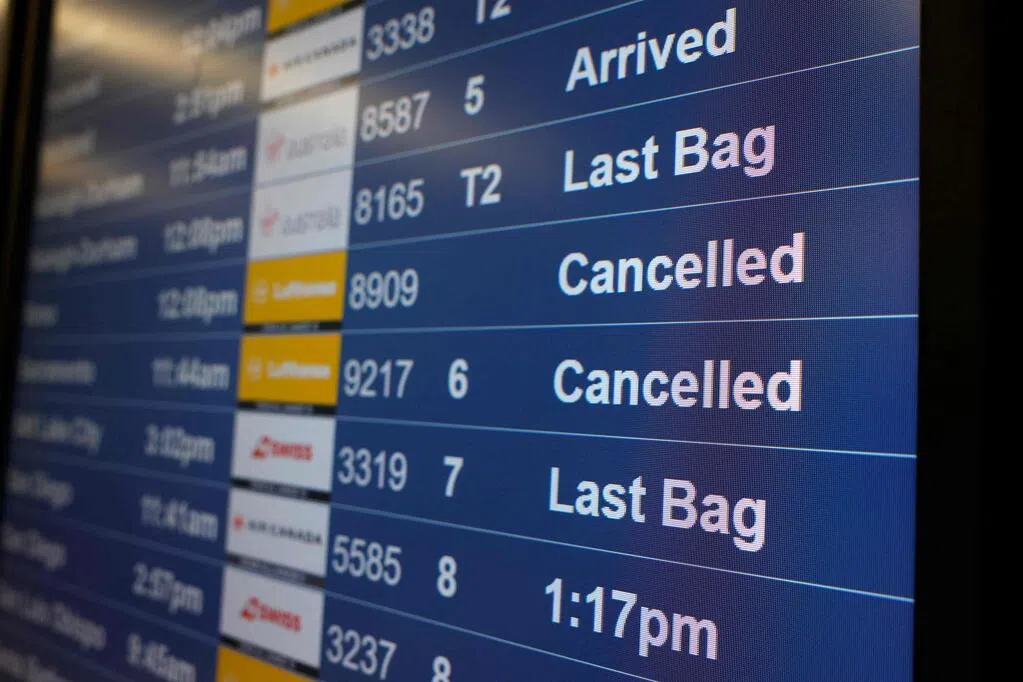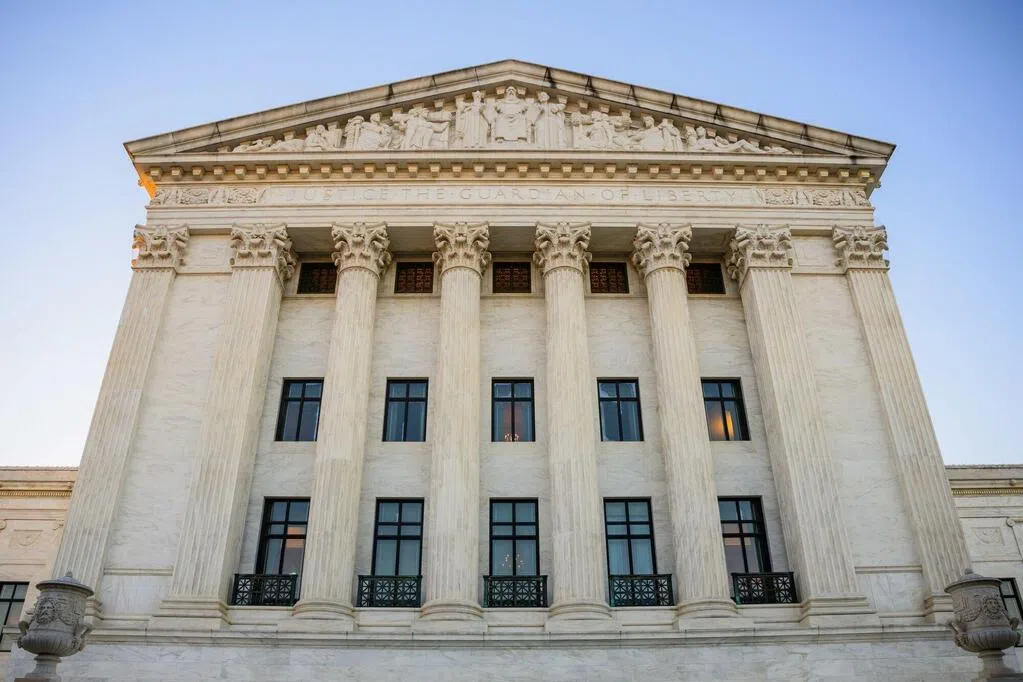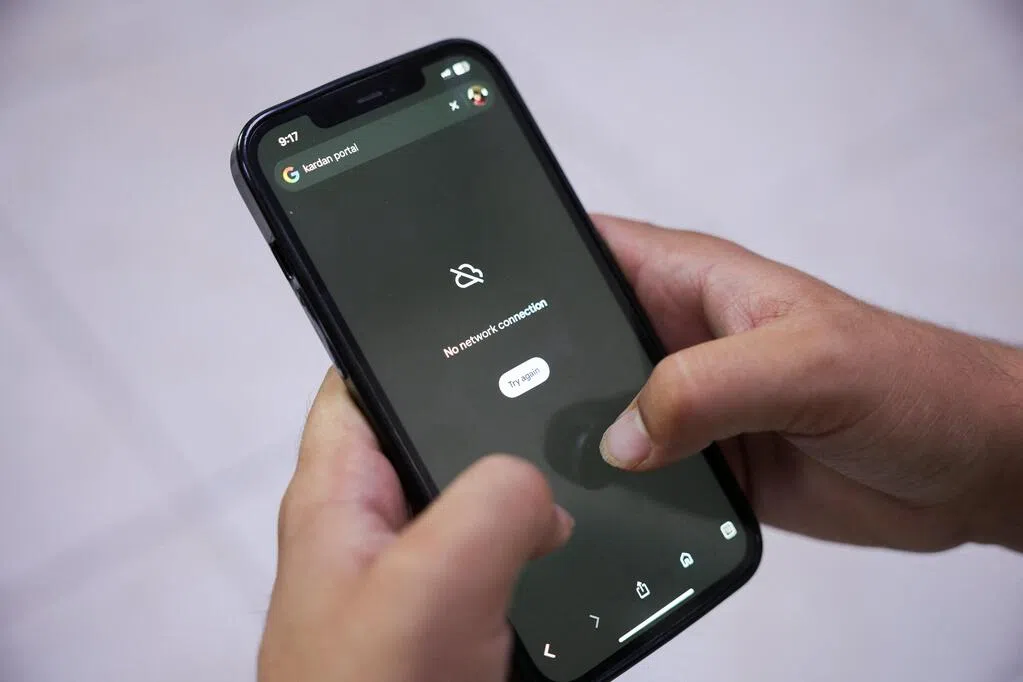(Washington, D.C.) The ongoing shutdown of the U.S. federal government has worsened the impact on civil aviation services, with 40 major airports across the country cutting domestic flights by 4% starting Friday. U.S. Transportation Secretary Duffy warned that if the shutdown continues until next Friday, daily flight reductions could reach as high as 20%.
The U.S. Senate voted for the 15th time on Friday (November 7th) but failed to pass a temporary bill to restore federal government operations. The shutdown entered its 39th day on Saturday (November 8th), continuing to set new records.
During this period, up to 13,000 air traffic controllers and 50,000 security personnel have been forced to work without pay. Many were informed on Thursday that they would not receive pay next week. The Federal Aviation Administration estimates that 20% to 40% of air traffic controllers are absent from work daily as a result.
In an interview with Fox News on Friday, Duffy warned that if the government does not reopen by next Friday (November 14th), leading to more air traffic controllers not reporting to work, airlines may have to cut flights by up to 20%.
He said, "I will evaluate the data and make decisions based on the observed aviation situation."
Further Reading


According to a plan announced by authorities on Wednesday (5th), flights will be reduced by 4% starting Friday, increasing to 6% next Tuesday (11th), and then to 10% next Friday.
Data from flight tracking website FlightAware shows that over 1,200 flights were canceled across the United States on Friday, and more than 5,300 flights were delayed.
Airlines revealed that the number of flight reductions will be less over the weekend due to a lower overall flight volume. Air traffic control will restrict the takeoffs and landings of private aircraft, but international flights are currently unaffected.
US analysts suggest that the current flight cancellations and delays are not the worst-case scenario, resembling a blizzard rather than a more severe disaster, but whether the situation will worsen depends on the duration of the government shutdown.
Chris Sununu, president of the American Airlines Association, predicts that a 10% reduction in flights would cut airlines' daily revenue by $100 million (approximately S$130 million).
Republicans Reject Democratic Compromise: The inability of Congress to reach a consensus on subsidies for the Affordable Care Act has kept the government shut down, depleting funds for a food assistance program for 42 million low-income citizens. Severe disruptions to air travel have further fueled public backlash.
Duffy, during a visit to Reagan National Airport in Washington on Friday, directly criticized the Democrats, telling reporters, "If Democrats go home for the weekend (instead of trying to pass the bill), they're the ones keeping the government shut down."
The Senate again rejected a bill on Friday to pay hundreds of thousands of federal employees. While it received 53 votes in favor, it fell short of the 60-vote threshold, with 43 voting against.
Democrats subsequently proposed a compromise, reducing their demands to simply extending Medicaid, which expires at the end of this year, for another year. Senate Majority Leader Schumer said that if Republicans accepted this "simple compromise," the bill could pass within hours, allowing the government to reopen.
However, Senate Majority Leader Thune rejected this proposal, deeming it "unworkable." Because three Democrats voted in favor in the latest vote, Thune told reporters it was progress, adding, "They're feeling the pressure."
A White House official revealed that the Trump administration believes Schumer's proposal shows Democrats are under pressure to reach an agreement, while the Republican position is that they will only discuss extending Medicaid with Democrats after the government reopens.



